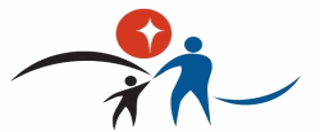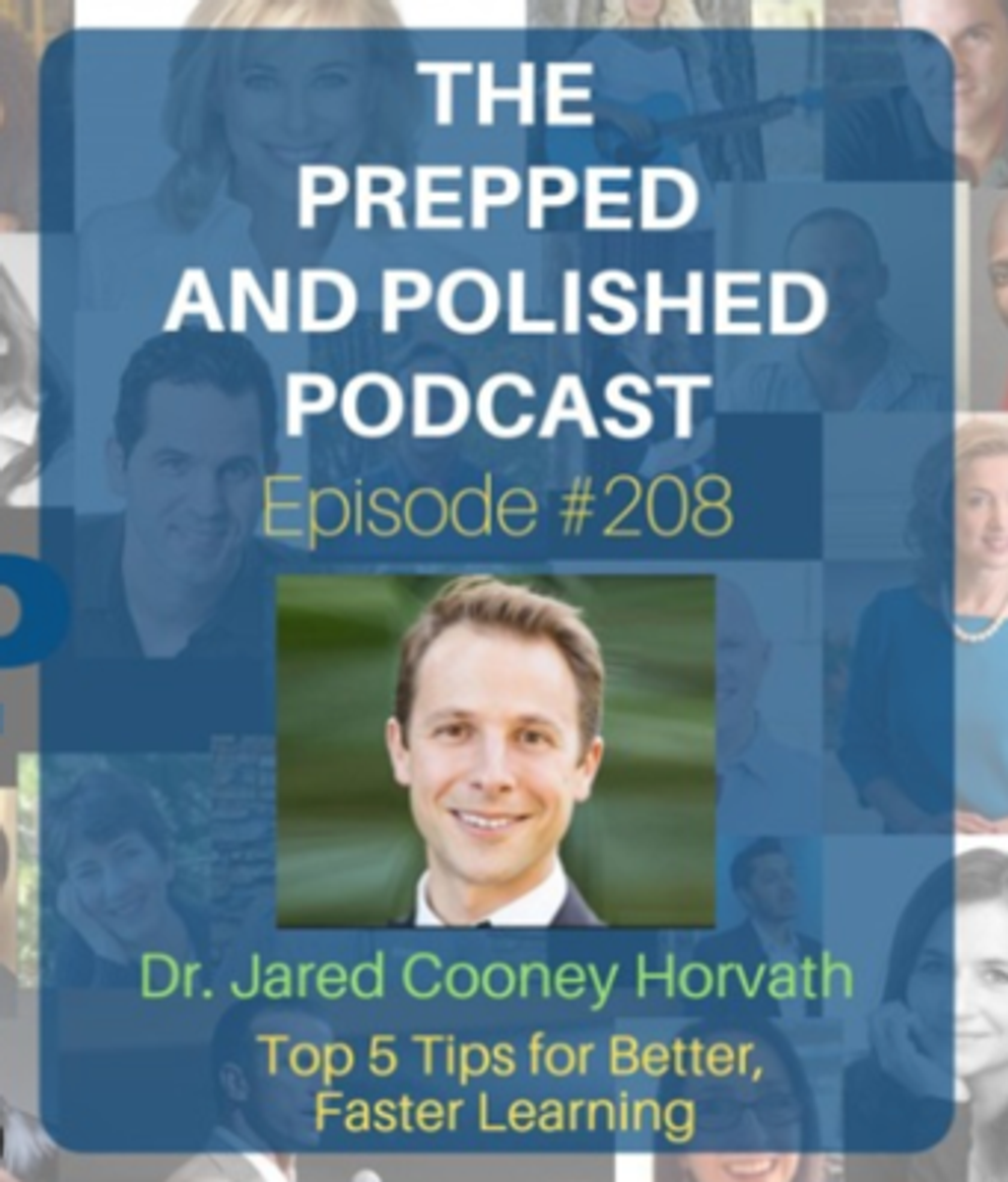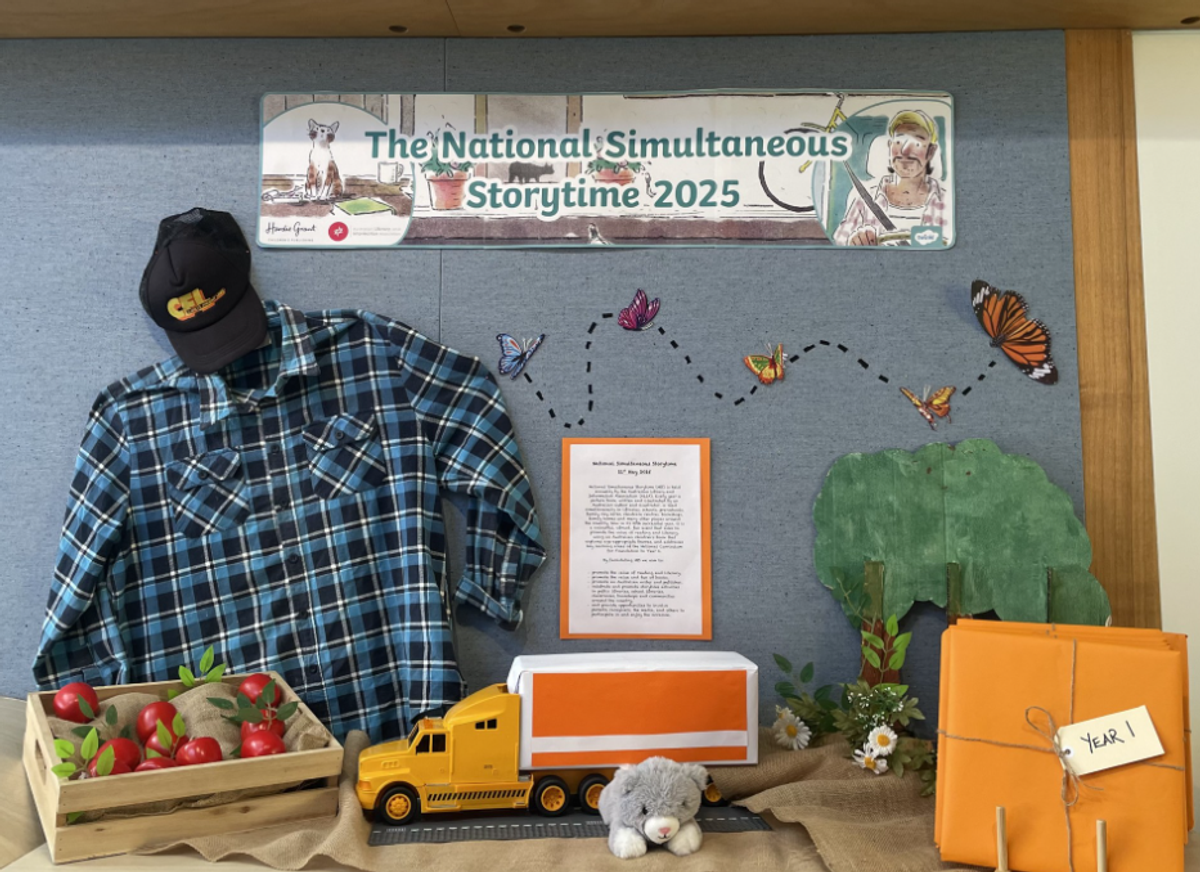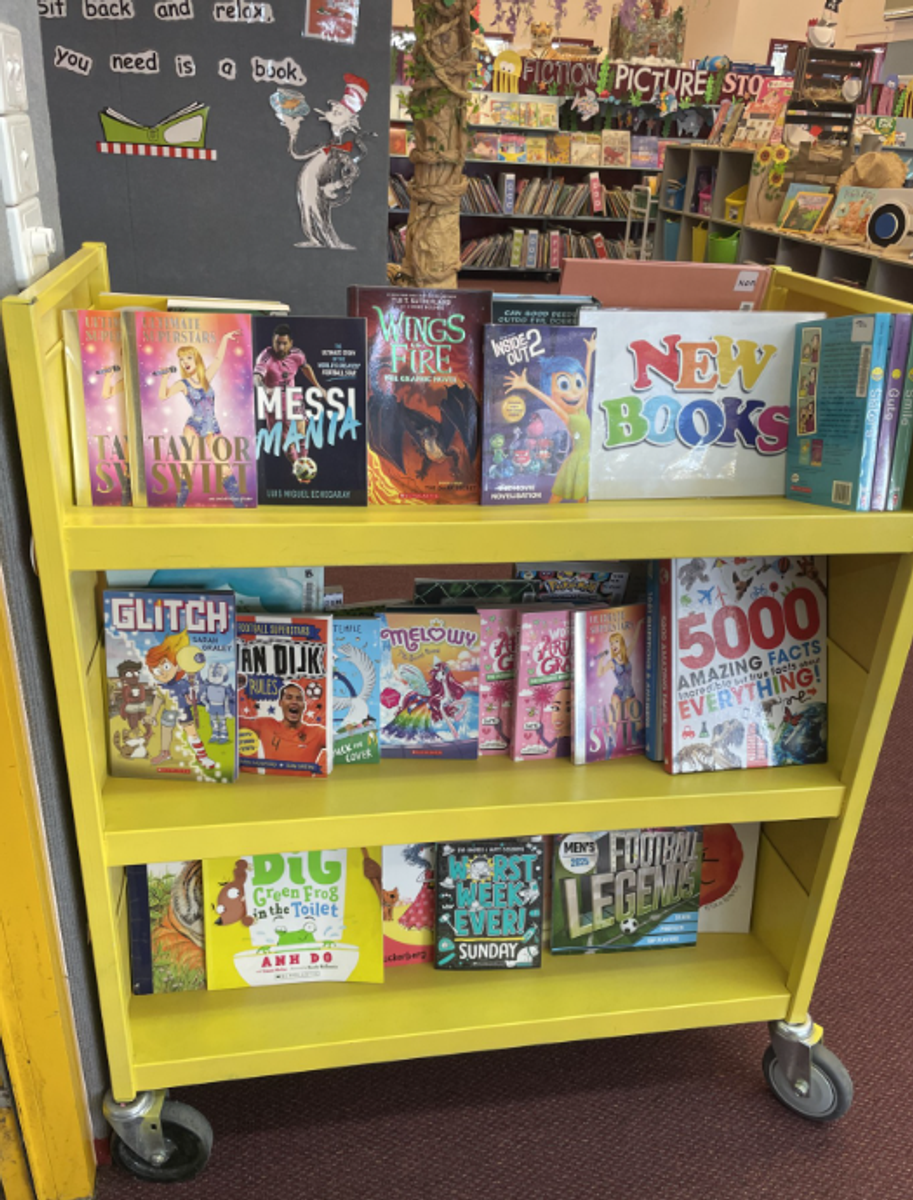Learning Enhancement
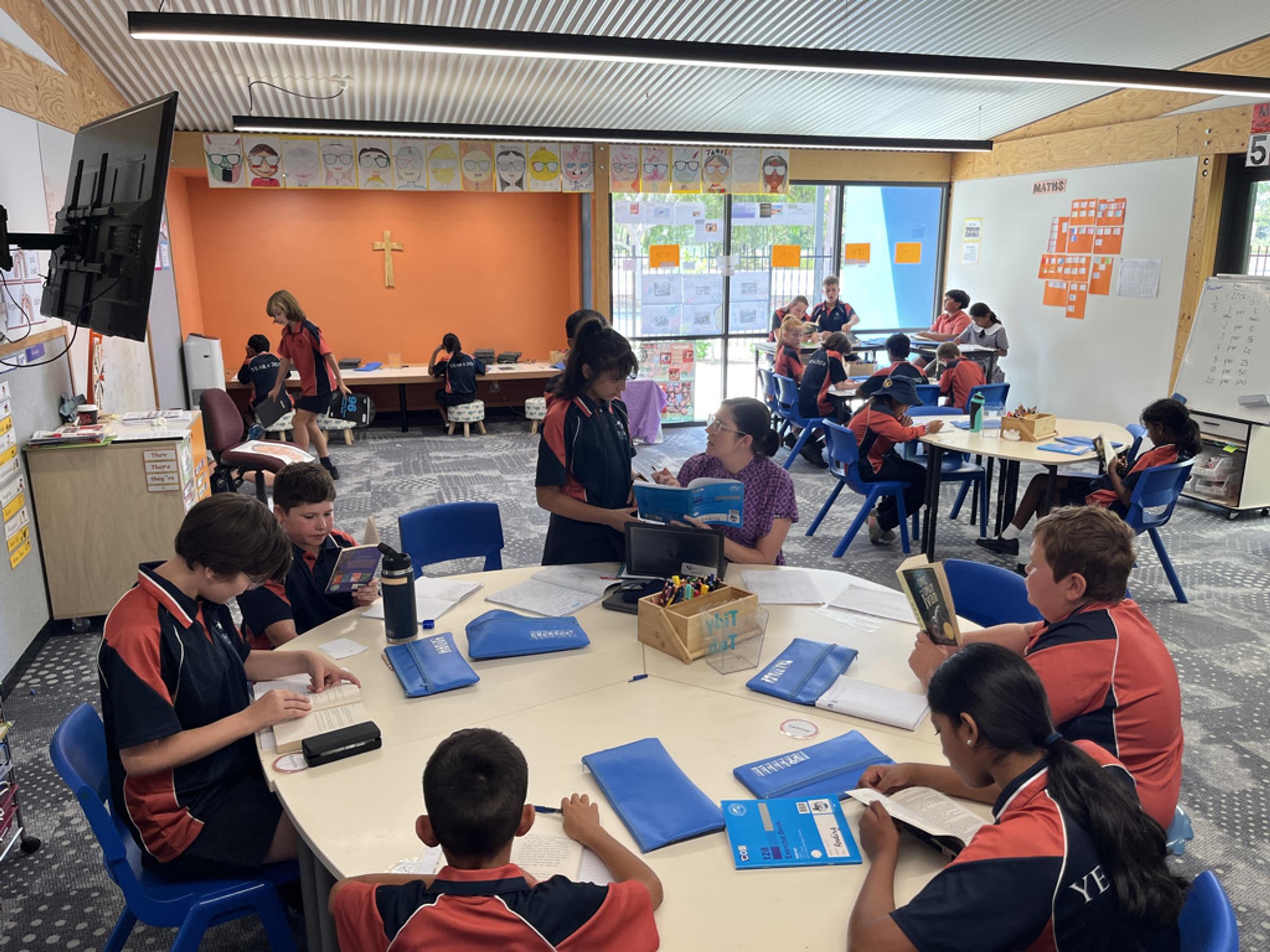
Jared Cooney Horvath is a cognitive neuroscientist and educator known for translating research in neuroscience and psychology into practical insights for education. His work in Learning, Memory, and Education (LME) focuses on how the brain learns and retains information. The St Luke’s staff were privileged, along with staff from all Sandhurst Diocese schools, to spend time learning from Jared during the first week of this term. Here is a summary of his main points:
1. Learning Is Not Just Input – It Requires Active Engagement
- Simply hearing or seeing information doesn't lead to learning. Active engagement—like self-testing, discussion, or application—is crucial.
- Learning is constructive, meaning the brain actively builds knowledge through effort and attention.
2. Memory Formation Follows Clear Biological Rules
- Learning = memory formation. If something isn’t stored in memory, it wasn’t truly learned.
- Memory relies on:
- Encoding – actively making sense of information.
- Consolidation – stabilising memory over time.
- Retrieval – recalling information, which strengthens memory pathways.
3. The Role of Attention and Emotion
- Attention is a gatekeeper to learning—without it, encoding won’t happen.
- Emotion influences memory strength: emotionally charged events are remembered more easily due to heightened arousal and relevance.
4. Learning Is Context-Dependent
- Knowledge is not stored in isolation—it’s tied to the context in which it was learned. Stories are important here.
- Varying the context during learning improves flexibility and application of knowledge transfer.
5. Spaced and Interleaved Practice Beats Cramming
- Spacing out learning over time and mixing topics (interleaving) leads to deeper learning and better long-term retention.
6. Testing Is a Learning Tool, Not Just an Assessment
- Retrieval practice (testing) strengthens memory more than re-reading or reviewing.
- Frequent, low-stakes testing enhances retention.
7. Learning Myths Debunked
- Jared critiques popular but unsupported concepts like learning styles, left/right brain learning, and multitasking during study. He is especially critical of computers as learning or study tools as they distract from the goal of learning. Students who use computers for ‘learning’ are off-task for as much as 36 minutes for each hour of use.
8. Neuromyths in Education
- He emphasizes the importance of evidence-based practice in education and warns against theories that lack scientific backing.
Jared’s knowledge of how the brain works and how learning happens reinforces that through Sandhurst Magnify we are on track and doing all we can for the best educational outcomes for the students at St Luke’s.
Jared’s podcasts, books and YouTube channel are accessible if you would like to learn more.
Jen McKillop, Eloise Liddell & Jess Moodie
Library News
National Simultaneous Storytime
We are excited to participate in National Simultaneous Storytime again next Wednesday, 21st May. It's great to see the students so eager and curious about the upcoming book, thank you for sharing their enthusiasm whilst checking out the display in the hallway.
National Simultaneous Storytime (NSS) is held annually by the Australian Library and Information Association (ALIA). Every year a picture book, written and illustrated by an Australian author and illustrator, is read simultaneously in libraries, schools, pre-schools, childcare centres, family homes, bookshops and many other places around the country. Now in its 25th successful year, it is a colourful, vibrant, fun event that aims to promote the value of reading and literacy, using an Australian children's book that explores age-appropriate themes, and addresses key learning areas of the National Curriculum for Foundation to Year 6.
BOOKCLUB
We're thrilled to share that your orders from Book Club Issue 2 & 3 have contributed to new books and rewards for the children. It's wonderful to see their excitement for more Taylor Swift, joke and soccer books. I’ll be sure to pass along their requests.
We are looking forward to Issue 4 catalogues arriving soon, so everyone can browse the new selections.
Nicole Keenan
